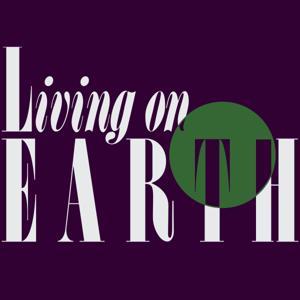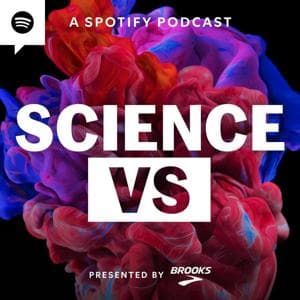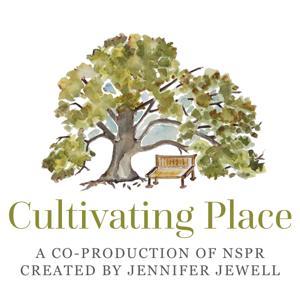On this season premiere episode, meet your new co-host, Billy Almon! Billy is an astrobiofuturist (which you’ll hear more about later), and one of his passions and expertise is in the art of biomimicry. Billy lays out the history of this ancient process, how it's been instrumental in connecting birds to technology, and how he uses it in his own work. Later, he’ll speak with writer, activist and social justice facilitator adrienne maree brown! adrienne walks us through the unique way she utilizes biomimicry, as explained in their book, Emergent Strategy: Shaping Change, Changing Worlds. Diving deeper into the power of fractals as a biomimetic example, we explore its connection to the natural world and how it can guide us through pivotal life upheavals. You won’t want to miss this one!
Want more Bring Birds Back? Follow us on your favorite podcast app and on Instagram @BringBirdsBack!
For more about BirdNote, sign up for our weekly newsletter. And for ad-free listening and other perks, sign up for BirdNote+ here.
For more information about the From Love to Action campaign, episode transcript and other resources from this episode, visit BirdNote.org and search for this episode.
BirdNote is a nonprofit. Your tax-deductible gift makes these shows possible.
Bring Birds Back Season 7 is sponsored by the Cornell Lab of Ornithology and Bird Academy.
Hosted by Simplecast, an AdsWizz company. See pcm.adswizz.com for information about our collection and use of personal data for advertising.







































